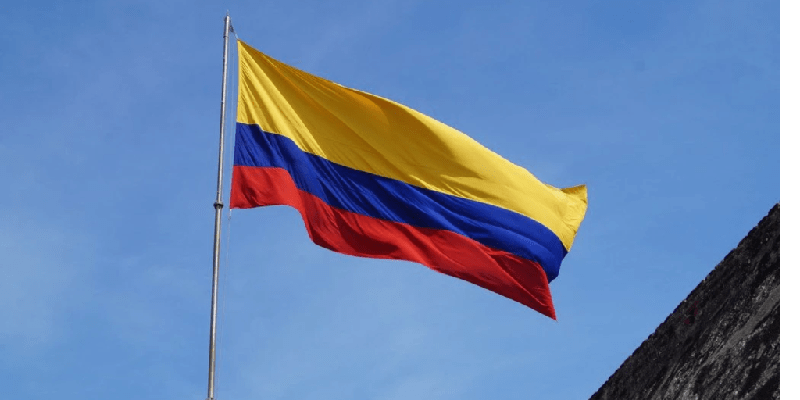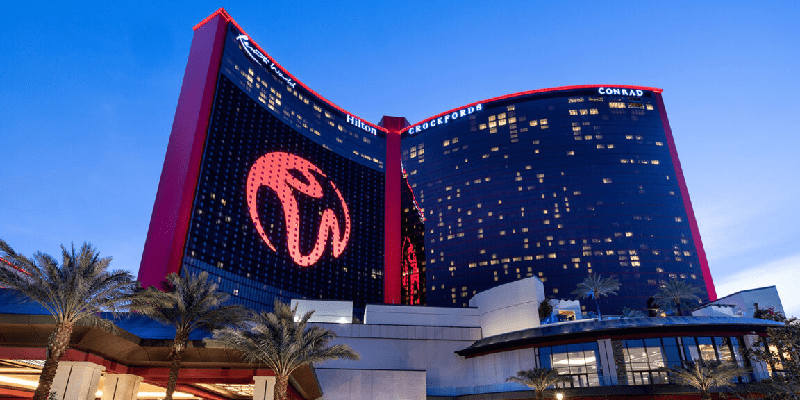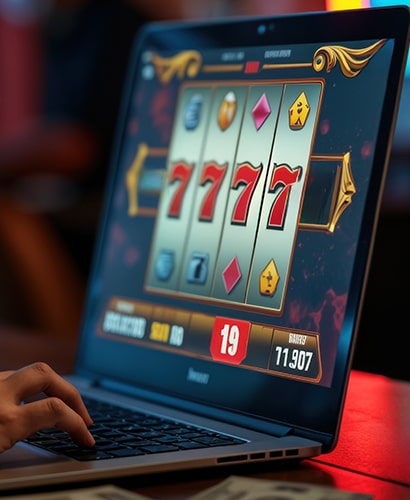Deputy Adolfo Vizana introduces revised legislation
The next stop for the bill is the United States Senate, where it will be considered for 45 days.
Unauthorised foreign operators cannot get licenses
Foreign corporations are not allowed to offer regulated gaming under the proposed law, in contrast to the PM. Companies must be formed in accordance with Brazilian law and have their main offices and administrative functions within Brazil in order to conduct business.
The actual difficulty this will pose to international operators is uncertain. In order to comply with the rules, operators may be required to enter the country through a local hero or another subsidiary.
Additionally, operators must meet a number of technical standards, including having a minimum share capital value, being a member of a sports integrity authority, and passing a battery of exams.
Company income tax to be 18%
There has been no change to the 18% revenue tax. After other factors are taken into consideration, this number increases to 31-34%, as pointed out by commentators.
Nevertheless, there has been a change from Viana's proposal yesterday regarding the percentages of gaming money that are distributed to the different causes.
Social security will now receive 2% of the proceeds, down from 10%. Approximate percentages allocated to other sectors include 1.82% for education, 6.63% for sports, and 5.0% for tourism.
The licence charge remains at R30 million (£4.89 million, €5.69 million, or $6.10 million). A single licence is required to offer gaming through one betting app, and each payment grants the operator the ability to offer gaming through one app. Additionally, the measure shortens the licence period from five to three years.
Additionally, the bill mandates that operators establish policies, procedures, and internal controls to combat terrorist funding and anti-money laundering. Businesses also have responsibilities when it comes to safer gambling.
Preventing bonus bets
Operators are also prohibited by the proposed rule from providing clients with bonus bets, regardless of whether they are part of a promotion or not. Businesses are also prohibited from providing credit lines to bettors by the bill.
The new regulations make it illegal for businesses to run ads unless they have a licence. New standards must also be met by the issued advertisements. Following a directive from the ministry of finance, businesses, ISPs, and websites are obligated to remove any ad that is shown to violate these criteria.
Additionally, the bill forbids the operator's upper management from making wagers. Regulators, minors, and anyone participating in athletic competitions are also not allowed.
New regulations for payments to combat the black market
To further curb offshore gaming, the measure incorporates new payment regulations. Payment services can only be offered by institutions that have been approved by the Central Bank.
The only bank accounts that players can transfer funds from their betting account to are those with Brazilian headquarters and administration.
Brazilian online gaming takes a new legal step
The bill's approval is the most recent development in Brazil's protracted effort to establish gambling regulations.
Senate Bill 13,756/18, which aimed to regulate fixed-odds sports betting, was passed in 2018 by the Federal Government.
The government has four years from the time the law was passed to draft the regulations through SECAP (the secretariat of evaluation, planning, energy, and lottery).
Since 2018, Brazil's path to regulation has been fraught with difficulties.
Years of hard work were cast into doubt when outgoing president Jair Messias Bolsonaro refused to sign off on the new rules right before the finish line.
However, the more business-friendly Lula assumed power following Bolsonaro's electoral defeat. Lula was not as outspoken in his support of the sector after becoming embroiled in a gambling incident in 2007.
Regardless, a lot of people were hoping that the new leader would legislate sports betting so that more money might go towards social programs.
He accomplished this in July when his administration issued the PM that standardised sports betting across the country. But, the country's Congress must accept a prime minister (PM) within 120 days if it is to be permanent.
An essential step in this process has been the bill's approval by the Chamber of Deputies. The last remaining obstacle to Brazil's legalisation of online gambling is its passage by the Federal Senate.




























